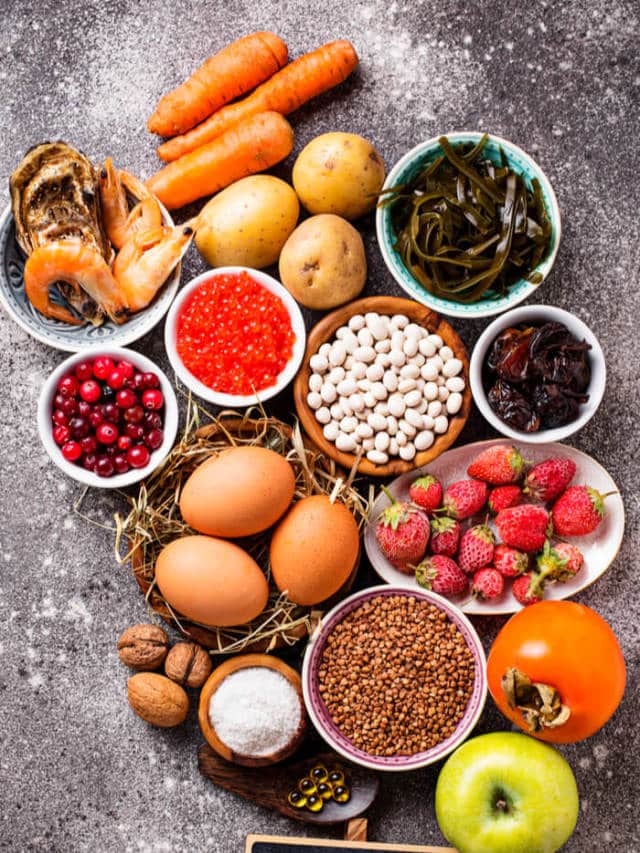Transform Your Garden: Benefits of Organic Soil

Are you tired of lackluster plants and a garden that feels more like a chore than a sanctuary? It might be time to rethink your soil. Imagine organic soil as the lifeblood of your garden—a rich, nutrient-dense foundation that nourishes your plants from the roots up. Let's dive into the transformative benefits of using organic soil for gardening and discover how it can turn your garden into a thriving oasis.
The Magic of Organic Soil: Why It Matters
Organic soil is more than just dirt; it's a living ecosystem teeming with microorganisms that work tirelessly to support plant health. Unlike conventional soil, which often relies on synthetic fertilizers, organic soil is naturally nutrient-rich. It's like giving your plants a balanced diet instead of junk food.
Nutrient-Rich: The Foundation of Healthy Plants
Organic soil is packed with essential nutrients that plants need to grow strong and healthy. These nutrients are derived from natural sources like compost, manure, and plant residues. Think of it as a gourmet meal for your plants, providing them with everything they need to flourish.
Sustainable Gardening: A Greener Future
Using organic soil is not just about the health of your plants; it's about the health of our planet. Sustainable gardening practices, such as composting, reduce waste and minimize the use of harmful chemicals. By choosing organic soil, you're contributing to a greener, more sustainable future.
The Science Behind Organic Soil
Soil Structure: The Building Blocks
The structure of organic soil is crucial for plant health. It's like the architecture of your garden, providing the framework for roots to grow and thrive. Organic soil has a loose, porous structure that allows for better aeration and water retention, ensuring your plants get the oxygen and hydration they need.
Microorganisms: The Unseen Heroes
Did you know that a single teaspoon of healthy soil can contain billions of microorganisms? These tiny heroes play a vital role in breaking down organic matter and releasing nutrients that plants can absorb. They're the unsung heroes of your garden, working tirelessly to keep your plants healthy.
Transforming Your Garden with Organic Soil
Composting: Turning Waste into Gold
Composting is the process of turning organic waste into a nutrient-rich soil amendment. It's like alchemy for your garden, transforming kitchen scraps and yard waste into black gold. Composting not only enriches your soil but also reduces waste, making it a win-win for your garden and the environment.
How to Transition to Organic Soil
Transitioning to organic soil doesn't have to be complicated. Start by testing your soil to understand its current composition. Then, gradually introduce organic matter like compost and mulch. Over time, your soil will become richer and more nutrient-dense, providing the perfect environment for your plants to thrive.
The Benefits of Using Organic Soil for Gardening
Healthier Plants
Organic soil provides a balanced diet for your plants, leading to stronger, healthier growth. Plants grown in organic soil are often more resistant to pests and diseases, requiring less intervention from you.
Improved Soil Structure
The porous nature of organic soil improves aeration and water retention, creating an ideal environment for root growth. This means your plants will have access to the oxygen and water they need to thrive.
Environmental Sustainability
By choosing organic soil, you're reducing your garden's environmental footprint. Composting and other sustainable practices minimize waste and reduce the need for harmful chemicals, contributing to a healthier planet.
Conclusion: Embrace the Power of Organic Soil
Transforming your garden with organic soil is more than just a gardening technique; it's a commitment to the health of your plants and the environment. By embracing the power of organic soil, you're creating a sustainable, nutrient-rich foundation that will nourish your garden for years to come. So, why wait? Start your journey to a greener, healthier garden today.
FAQs
-
What is organic soil made of? Organic soil is made from natural materials like compost, manure, and plant residues. These materials break down over time, releasing essential nutrients that plants need to grow.
-
How does organic soil benefit the environment? Organic soil benefits the environment by reducing waste through composting and minimizing the use of harmful chemicals. It also promotes sustainable gardening practices that contribute to a healthier planet.
-
Can I make my own organic soil? Yes, you can make your own organic soil by composting organic waste and mixing it with existing soil. This process enriches the soil with essential nutrients and improves its structure.
-
How long does it take to transition to organic soil? The time it takes to transition to organic soil depends on the current state of your soil and the methods you use. Gradually introducing organic matter like compost and mulch can transform your soil over time.
-
What are the benefits of using organic soil for gardening? The benefits of using organic soil for gardening include healthier plants, improved soil structure, and environmental sustainability. Organic soil provides a balanced diet for your plants, leading to stronger, more resistant growth.


For more information on the benefits of organic soil, visit the Rodale Institute and the National Gardening Association. These resources provide valuable insights and tips for sustainable gardening practices.
0 Response to "Transform Your Garden: Benefits of Organic Soil"
Post a Comment